‘I am my body’: how Ekaterina Bakunina exposes trauma and humiliation in exile
Ekaterina Bakunina’s The Body is a novel about pain and the impossibility of being heard
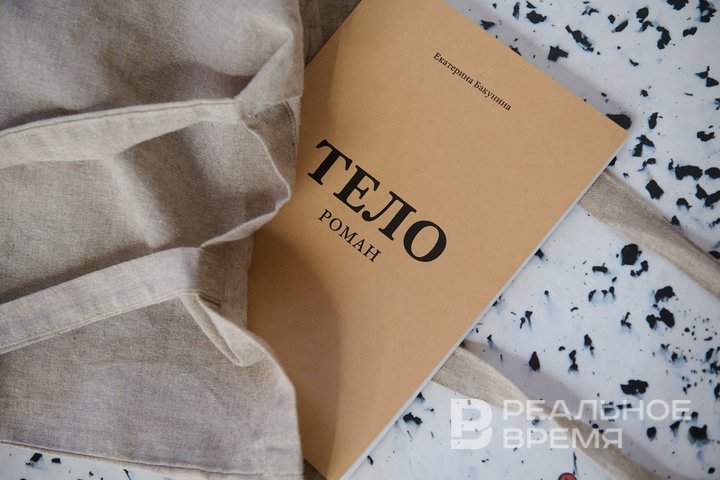
In the early 20th century, she left for America to work as a labourer; in the 1930s, she wrote in exile in Europe about blood “between the legs” and “defecation in the bathtub”. She was called tasteless, hysterical — yet always sincere. The Body is a small book, only 76 pages long, but it opens a vast chasm between a woman and her own body. Ekaterina Bakunina doesn’t write about longing for Russia, nor does she waste time on politics or the search for national identity. The Body is a novel where the female flesh becomes the only possible language when all else falls silent.
“Crawling out of my skin”
Ekaterina Bakunina was born in 1889 in Tsarskoye Selo. She studied at the Catherine Gymnasium in St Petersburg, then enrolled in agronomy courses — only to drop out quickly. Instead of lectures — America. Instead of a future with a diploma — a labourer’s life. In exile, that experience proved more valuable than any theory: knowing how to survive, speak a foreign language, scrub, haul, clean — all of it became necessary later, in Paris.
Upon returning to Russia, Bakunina enrolled in a law programme. She worked for journals and in agricultural cooperatives. She graduated from Kharkiv University and became an assistant to a barrister. But the revolution ended everything. No courts, no cases. Only the struggle for bread, a roof, and sometimes — for life itself.
In 1923, Ekaterina left Russia. She could not accept the new reality. She settled in Paris. It was there, in 1931, that her only poetry collection was published. Nine sections — a map of her inner world: Homeland, Exile, People, Loneliness, On Death, Motherhood, The Feminine, Reflections, Earth. These titles held everything: the ache of lost youth, physical and moral discomfort, the impossibility of finding solid ground. Bakunina’s poems stood apart. Corporeal, visceral — even coarse. In her verse, the female body becomes a source of pain, shame, hysteria, and longing.
Literary critics did not know how to respond to this. Poet and translator Nikolai Otsup wrote: “An experienced poet would have selected no more than half of the poems from this entire heap. Most likely, even the surviving pieces would have undergone more thorough editing… But experience is not hard to acquire, and what Bakunina already has is encountered less often than mechanical skill.” Poet Georgy Adamovich was harsher: “All the colours are intensified to the extreme, everything is exaggerated, ‘frightening’ words appear on every page… This is a ‘human document’, rare in its sincerity.”
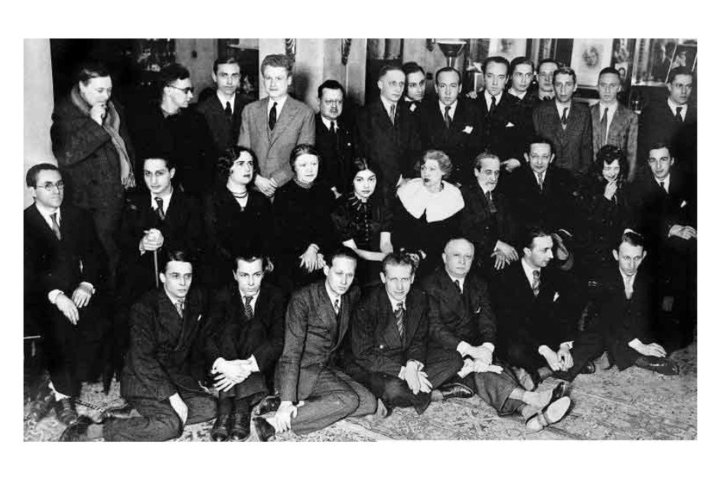
In 1932–1934, Bakunina worked as a secretary at the editorial office of the Paris-based journal Chisla — a centre of attraction for the younger wave of émigrés. She wrote critical articles and followed the literary scene. It was in Chisla that her novel The Body first appeared, initially in fragments, and later as a separate book published in Berlin by the Parabola publishing house. This novel had no plot. No conflict. The focus was on the body. The female body in The Body becomes not just a subject but the main mode of thought. Everything passes through it: detachment from the child, disgust toward the husband, abortions, infidelities, desire, nausea, hatred.
Readers debated. Some saw the book as a hysterical, incoherent confession. Others — as an honest conversation without euphemisms. Poet and prose writer Boris Poplavsky wrote: “I hear the same life, struggling from separation with itself, in the heroine of The Body by Bakunina, to whom everything is alien that is cut off from life and its manifestations.” Writer Yury Felsen believed the novel’s strength lay precisely in its uncompromising honesty. But poet and translator Vladislav Khodasevich did not forgive: “The misfortune of The Body lies precisely in the fact that the book contains neither a significant, tragically charged case, nor a significant personality… There is no erotic tragedy here, only a chain of sexual failures: a vast difference.”
In 1935, Bakunina’s second novel Love for Six was published. Formally — letters. But without addressees, without dates. In fact — a stream of consciousness, a confession of a woman tired of the role of wife and mother, exhausted by obligations. This book was even more explicit. Scenes of sex, violence. But alongside them — reflections on religion, historical events, loneliness, motherhood. A life spent on others evoked not tenderness in the heroine, but disgust and doubt.
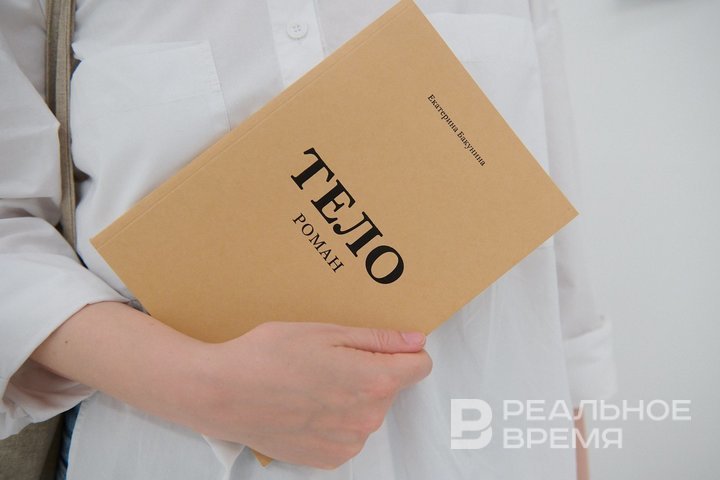
Bakunina had few publications. She wrote rarely — not out of laziness, but due to lack of time. In her words, in emigration the main thing was to carve out “time for oneself.” To live meant to fight for a moment of silence, for the chance to write at least a single line. She was not part of the literary canon, did not belong to émigré circles “by rank”. But her texts — whether poetry, prose, or articles — did not leave readers indifferent. They were read. They were discussed. They could not go unnoticed.
Female sexuality — speech
The heroine of Ekaterina Bakunina’s novel The Body, Elena, is listened to by no one. Neither her husband, with whom she moved to Europe and now endures beside her in the same bed. Nor her daughter, for whom she does everything but feels empty. Neither the neighbours, nor her employer, nor the world at large. The only thing left in this life from her former, pre-war Russian existence is her body. Sweaty, flushed, aroused, alien, yet still alive.
Elena is a former aristocrat who survived revolution, emigration, motherhood, and an unhappy marriage. But the text is not about her, nor about her family, nor about Russia, which she left behind. This novel is about the body. About its pain, desire, guilt, disgust, and brief flashes of pleasure. About what the body can remember when the soul has already forgotten everything. About how the body becomes the only way to speak about trauma.
This was unprecedented in émigré literature. Women were often ghosts — crying for their homeland, cooking borscht, supporting their husbands. But Bakunina’s woman does not nostalgise. She is excited. Tired. Feeling under her skin a grievance and a pulsating contempt for herself. She speaks not of the outside world, but of the inner one, of what happens in the gaps between events. In the kitchen. In the bathroom. In bed. In the body.
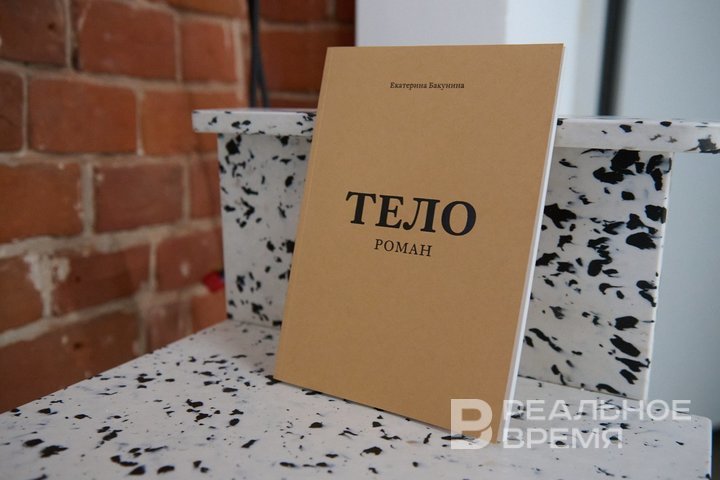
Bakunina uses emigration as a frame — not as an event. Emigration in The Bodyis not the Civil War, nor revolution, nor even a political choice. It is a mistake. A female, intimate, almost anecdotal one. She left for a man. Fell in love. Became pregnant. Moved. And now, years later, she washes his clothes and dreams that he would not touch her.
All themes contract: corporeality, sexuality, marriage. The woman in the novel is a person who endures. But endurance is also the work of the body. The heroine tries to speak a language she never had. It is an attempt to reclaim her voice through the body. Trauma in The Body is not a single moment. It is a slow decay: of relationships, identity, memory. Here trauma is not discussed — it is acted out. We see how the woman lives not in exile, but in a body that does not belong to her.
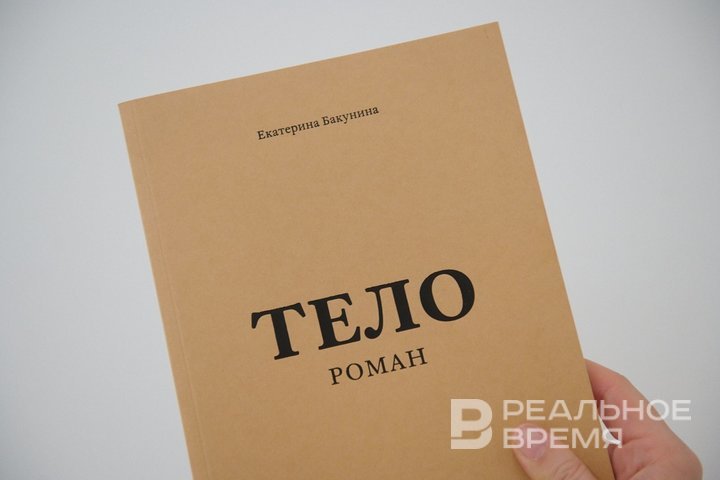
Ekaterina Bakunina’s novel is a book that could only have been written by a woman, only in exile, and only out of pain. The Body is a novel without love, without ideology. There is a sweaty woman by the sink, recalling the first time she felt alive. And that is enough. Because it is a pain that cannot be explained — only shown. And Ekaterina Bakunina shows it.
Ekaterina Petrova is a literary reviewer for Realnoe Vremya online newspaper and the author of the Telegram channel Buns with Poppy Seeds.